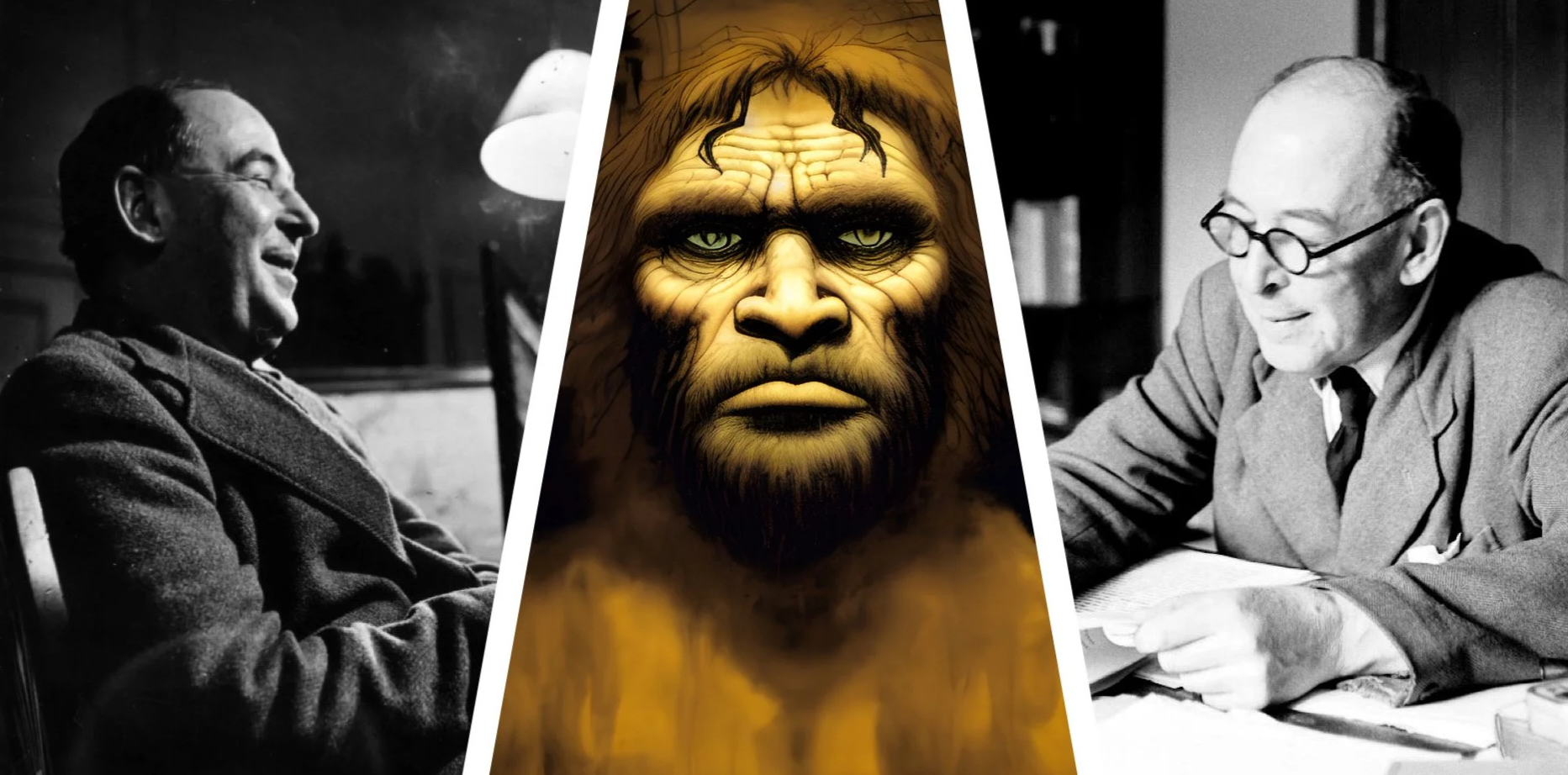The light on the leaves and so on
/An aside about language, especially speech, giving shape to intelligence in a podcast I listened to over the weekend brought to mind the following exchange from “Unreal Estates,” the transcript of a discussion about science fiction between CS Lewis, Kingsley Amis (whose Lucky Jim I finally read back in the spring), and Brian Aldiss. Having brought up Lord of the Flies, which does not at first appear to be sci-fi but takes place in a World War III scenario, Lewis, Amis, and Aldiss continue:
AMIS: ‘Science-fiction’ is such a hopelessly vague label.
LEWIS: And of course a great deal of it isn’t science-fiction. Really it’s only a negative criterion: anything which is not naturalistic, which is not about what we call the real world.
ALDISS: I think we oughtn’t to try to define it, because it’s a self-defining thing in a way. We know where we are. You’re right though, about Lord of the Flies. The atmosphere is a science-fiction atmosphere.
LEWIS: It was a very terrestrial island; the best island, almost, in fiction. Its actual sensuous effect on you is terrific.
ALDISS: Indeed. But it’s a laboratory case——
AMIS: —isolating certain human characteristics, to see how they would work out——
LEWIS: The trouble is that Golding writes so well. In one of his other novels, The Inheritors, the detail of every sensuous impression, the light on the leaves and so on, was so good that you couldn’t find out what was happening. I’d say it was almost too well done. All these little details you only notice in real life when you’ve got a high temperature. You couldn’t see the wood for the leaves.
I seldom dare to disagree with Lewis’s critical judgment, but I think what he describes as a failure in The Inheritors is actually part of the point. Golding’s Neanderthal characters have alien minds, more passively attuned to nature: observing, scavenging, improvising. The Homo sapiens who wipe them out are active. Their approach is exploitive: they see, control, and make use of.
The third-person narration reflects this. Lok, the viewpoint character for much of the novel, struggles even to see the potential resources that the Homo sapiens use, and then cannot understand how they are using them against him. Cf every instance in which the humans shoot arrows at him, an event he never understands but learns to fear. The “signal” in his signal-noise ratio is easily lost because that is how he perceives the world. His senses are less discriminatory. He is part of nature in a way modern man—who can compartmentalize, think abstractly, and then use—is not.
It’s interesting that Lewis used the example of “the light on the leaves,” given prevailing theories about the human eye’s capacity for differentiating shades of green and the fact that Lok spends the most horrific passages of The Inheritors hiding in a tree, seeing but not understanding. The book’s feverish tone is part of the nightmare.
“Unreal Estates” is collected in On Stories and Other Essays on Literature—an old favorite, and well worth your time. I reviewed The Inheritors here two years ago. It’s a great novel and one I’d very much like to revisit soon. I have to wonder whether Lewis ever gave it a second reading as he was, by his own admission in “Unreal Estates,” much more perceptive of an author’s intentions upon multiple readings.





